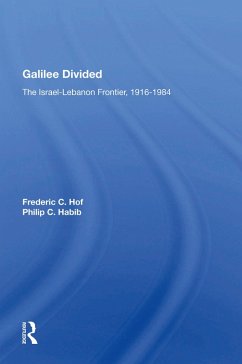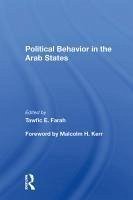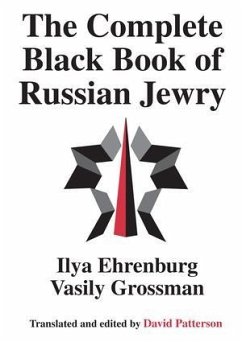
Egypt From Monarchy To Republic
A Reassessment Of Revolution And Change
Versandkostenfrei!
Versandfertig in 6-10 Tagen
40,99 €
inkl. MwSt.
Weitere Ausgaben:

PAYBACK Punkte
20 °P sammeln!
An examination of the extent to which Nasser's 1952 coup d'etat brought about significant changes in the basic social, political and cultural structures of Egypt.













